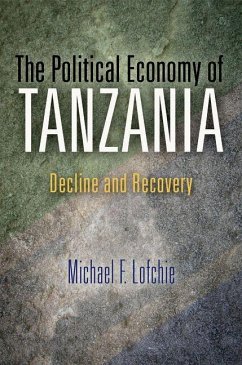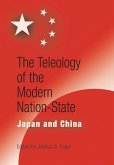Since gaining independence, the United Republic of Tanzania has enjoyed relative stability. More recently, the nation transitioned peacefully from "single-party democracy" and socialism to a multiparty political system with a market-based economy. But Tanzania's development strategies-based on the leading economic ideas at the time of independence-also opened the door for unscrupulous dealmaking among political elites and led to economic decline in the 1960s and 1970s that continues to be felt today. Indeed, the shift to a market-oriented economy was motivated in part by the fiscal interests of government profiteers. The Political Economy of Tanzania focuses on the nation's economic development from 1961 to the present, considering the global and domestic factors that have shaped Tanzania's economic policies over time. Michael F. Lofchie presents a compelling analysis of the successes and failures of a country whose postcolonial history has been deeply influenced by high-ranking members of the political elite who have used their power to advance their own economic interests. The Political Economy of Tanzania offers crucial lessons for scholars and policy makers with a stake in Africa's future.
Dieser Download kann aus rechtlichen Gründen nur mit Rechnungsadresse in A, D ausgeliefert werden.









